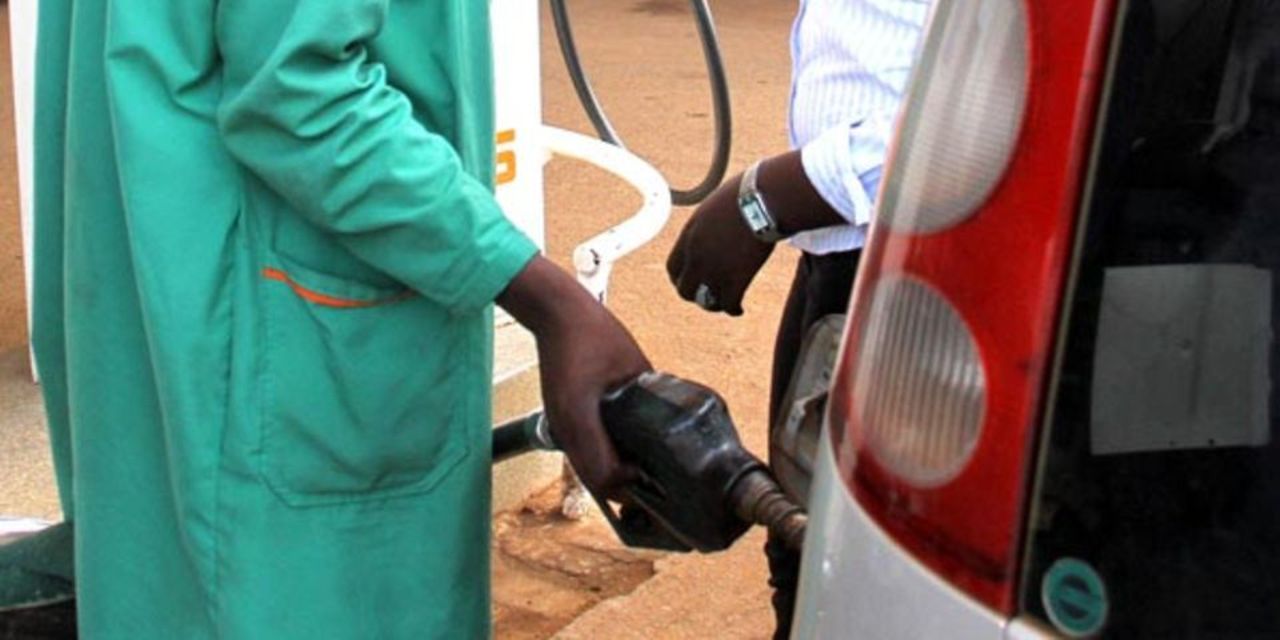The price of fuel has not gone down since January when it was scarce, it only keeps increasing. PHOTO | FILE What you need to know:
More than 41 percent of interviewed chief executive officers, procurement and purchase managers across business sectors, signalled a rise in costs of purchases with the most noticeable increases cited in cement, fuel, ink, paper, soap and sugar, among others .
Runaway commodity and fuel prices dampened economic activities during March, according to the Stanbic Purchase Managers’ Index.
In interviews conducted among chief executive officers, procurement and purchase managers across a section of business sectors, more than 41 percent of respondents signalled an increase in costs of purchases with the most noticeable increases cited in cement, fuel, ink, paper, soap and sugar, among others.
During March, the Purchase Managers’ Index indicated that all five surveyed sectors registered an increase in purchase prices with projections pointing to further increases in overall input costs.
The index noted that input prices have been rising since August last year.
Thus, during the period, the index dropped to 51.9 from 55.7 in February but remained above the 50 average score.
The score, according to Stanbic, signals continued business improvement but continues to be threatened by an increase in prices of a number of products, services and wholesale & retail sectors.
However, price decreases were registered in agriculture and construction products.
The Purchase Managers’ Index also noted that the health of the private sector has now strengthened in the last eight months with businesses registering new orders and employment rising again.
Mr Ferishka Bharuth, the Stanbic Bank economist for Africa region, said that whereas the index was lower than the score in February, it remains expansionary, supported by improvements in consumer demand, even as rising prices seem to have restrained demand.“Higher prices were largely a function of increasing input costs, with companies increasing their selling prices for the seventh consecutive month,” he said, noting that output continued to expand for eight months due to the need to respond to rising customer demands.The index also recorded improvements in new orders for the eighth successive month but indications suggest customers are experiencing difficulty in financing the orders.Mr Ronald Muyanja, the Stanbic head of trading, said the absence of restrictions related to Covid-19 and signs of improving customer demand had helped businesses to expand their business activity but this is being threatened by reports of rising commodity prices.However, during March, […]
